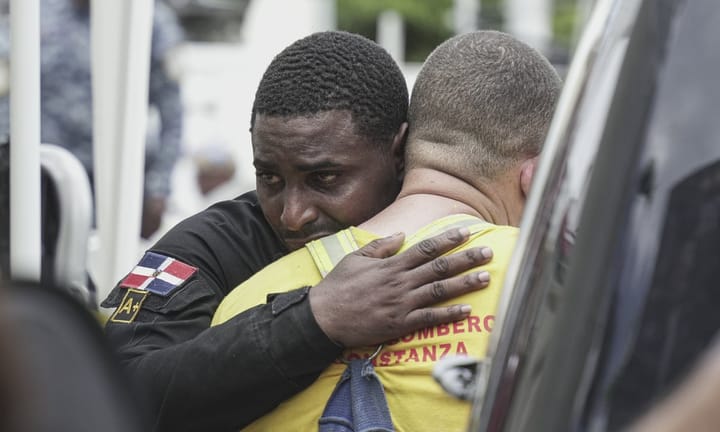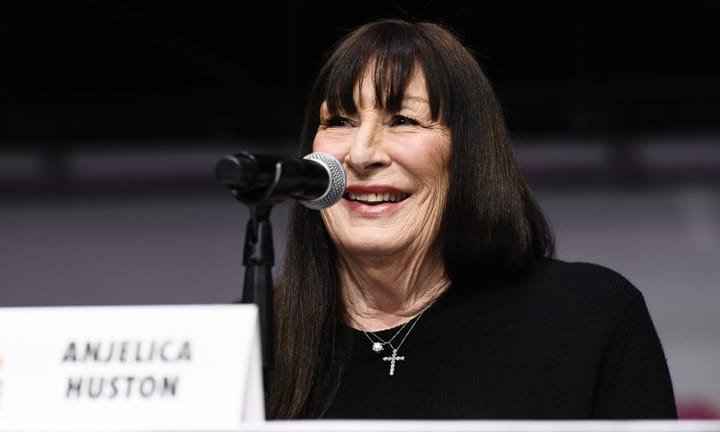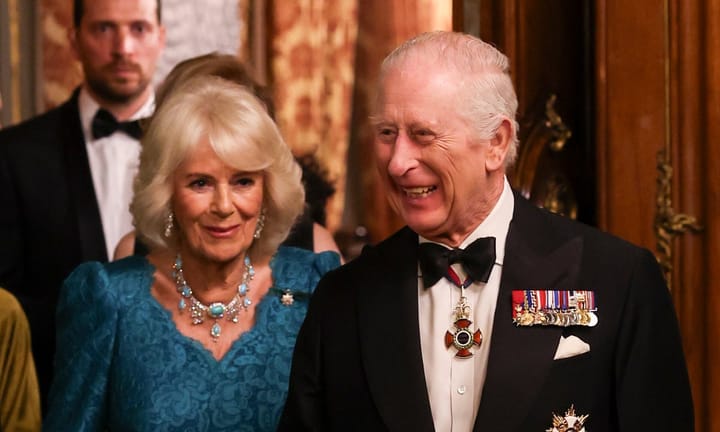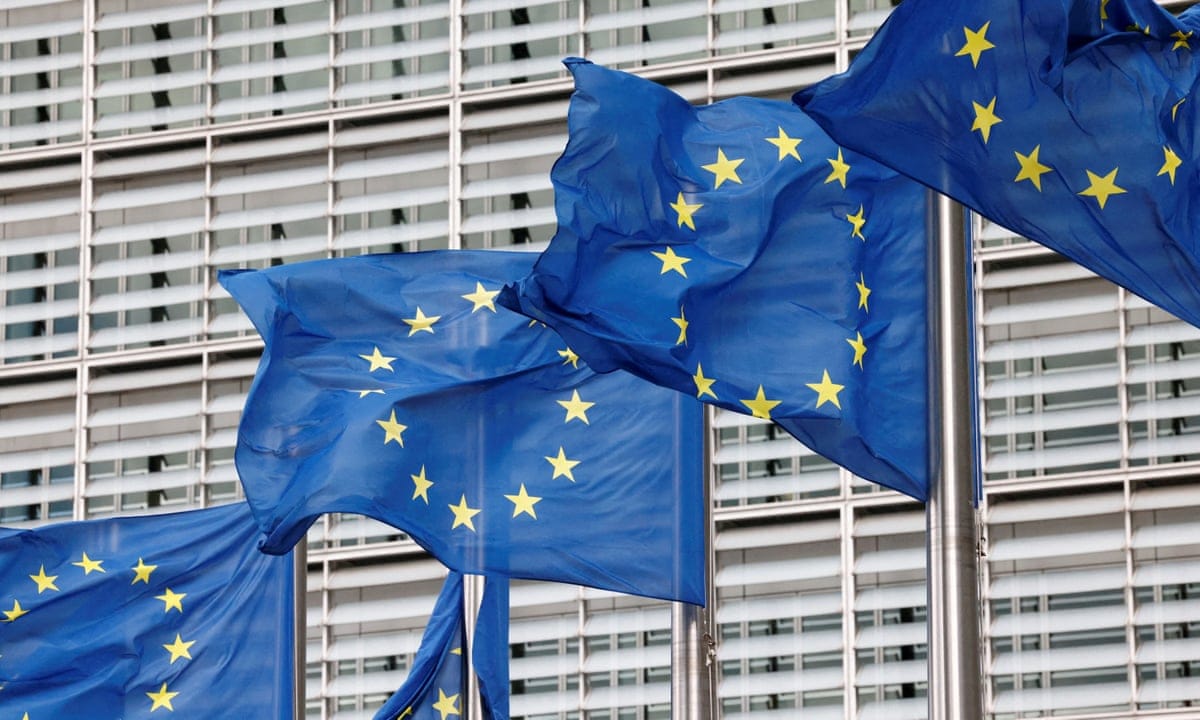It's become an ironic notion in Brussels that Italy stands as one of Europe’s most stable nations despite its history with fleeting governments. Meanwhile, France and Germany have encountered significant setbacks: Macron faces substantial defeat while Scholz struggles under the weight of his own shortcomings alongside Sánchez's challenges amidst Spain's deep divisions following a divisive amnesty bill enactment.
This scenario within Europe is concerning for experts accustomed to consistent leadership, especially given recent global tensions from Ukraine conflict and economic competition which question the capabilities of current European leaders in crisis situations like those faced by former Italian Prime Minister Draghi who stresses on an urgent remedy due to EU's weakened economy.
The focus has shifted towards Ursula von der Leyen, whose leadership as President of the European Commission is now expected with her second term beginning shortly after recent elections in Europe. Despite being a freshcomer into this role back then and having since grown accustomed to Brussels' dynamics—she’s been able to maneuver through machinery effectively according to Heather Grabbe, from the Bruegel thinktank – Von der Leyen now faces questions about not just delivering but also implementing policies.
Her agenda includes promises for an environmentally friendly industrial revamp and a boost in European defense spending within her first 100 days of office; however, she has yet to commit fully towards common borrowings that could facilitate these initiatives as suggested by former Italian Prime Minister Draghi's report.
With Germany reluctant on the issue – despite an understanding among some leaders about their urgency and importance - there is a risk for misalignment between national willingness, particularly when far-right movements gain traction across several countries in Europe leading to fragmentation at its core: Austria potentially having governments influenced by these parties.
Additionally, Von der Leyen’s second term will demand balancing acts amid trade offs as seen with the EU's green deal and economic security; a notable example being dependency on Chinese technology for essential components of this transition which could prove costly due to potential supply chain risks from China or delays in European manufacturing response.
Lastly, there’ll be difficult decisions ahead concerning an ambitious new EU budget that must reconcile the interests between net payers and their unwillingness for expansion during a time when national debts have almost doubled since 2021 due to Covid recovery funding; yet agreement on how this will translate into repayment remains elusive.
Though Europe could be primed amid external pressures, making many of Von der Leyen's plans potential priorities for national governments within the next five years according Grabbe—the landscape is shaped by a series complex and politically charged negotiations which may shape up as an intricate period ahead.
Read next

Dominican Republic halts rescue efforts following devastating ceiling failure at nightclub incident
Rescue teams in the Dominican Republic on Wednesday concluded their search for survivors following a catastrophic nightclub roof collapse—this marks one of its most tragic disasters over recent years, with confirmed death toll rising beyond 180 individuals within this Caribbean nation.
Authorities announced an additional count of 60 fatalities

Angelica Huston Discloses Past Cancer Diagnosis; Now Fully Recuperated and Clear of Disease
Anjelica Huston disclosed her cancer diagnosis six years ago after the release of her 2019 film John Wick: Chapter 3 – Parabellum. The actress prefers not to divulge specific details about the type of cancer she faced but expressed pride in overcoming this serious health challenge, which required significant changes to

Royal Visit: King Charles and Queen Camilla Surprise Papal Counterpart at Recovery
The British monarch Charles and his consort Camilla paid an unexpected visit to Pope Francis during their four-day official trip across Italy.
They met with the pontiff at his residence within Casa Santa Marta inside Vatican City where he recovers from a severe lung infection caused by pneumonia, which had

